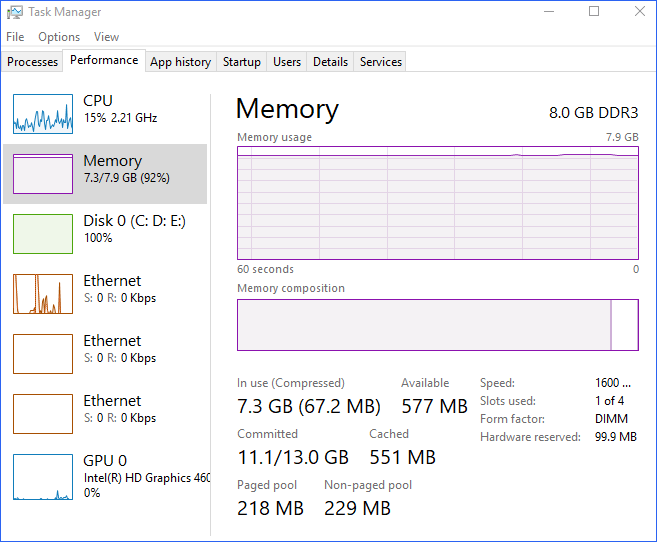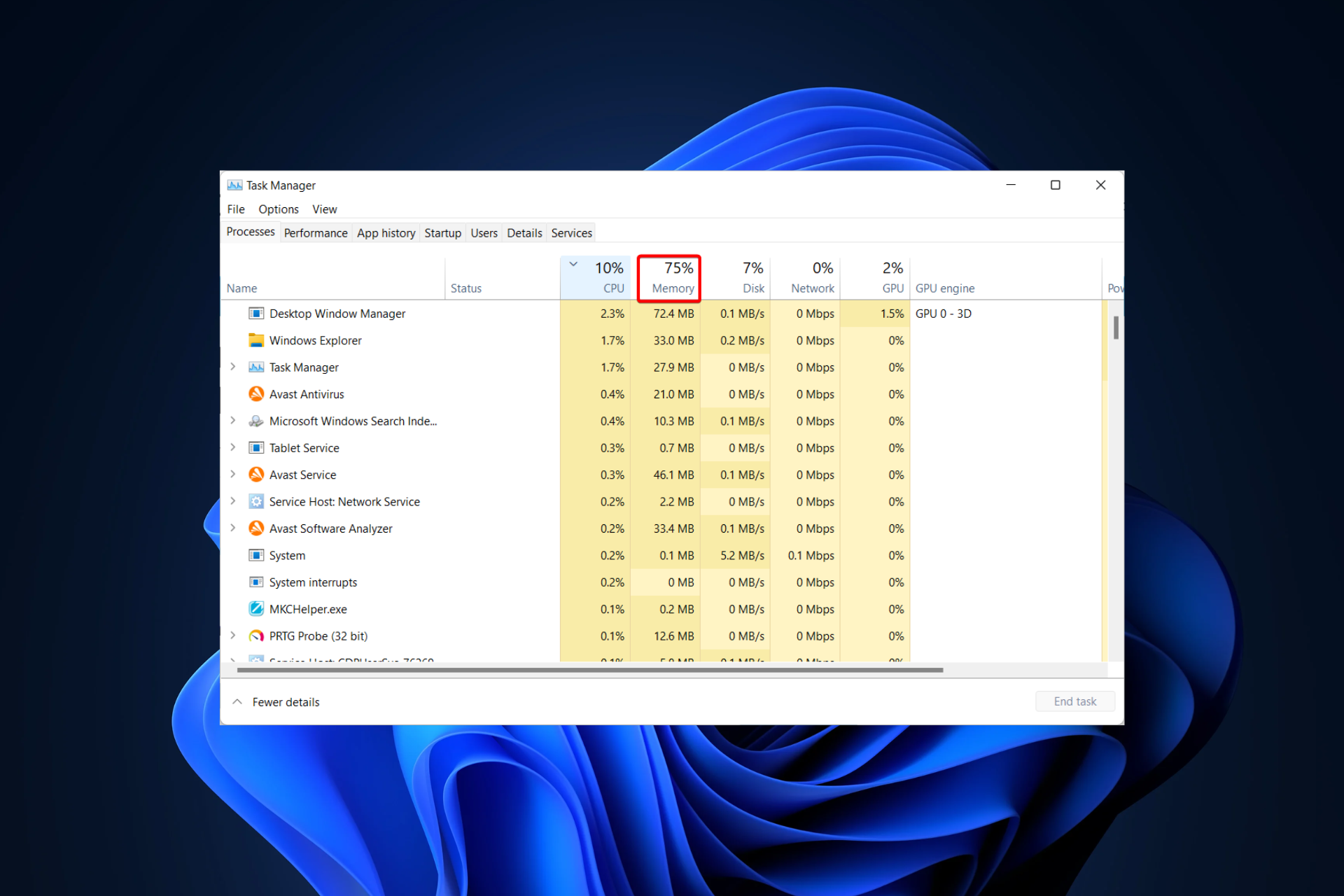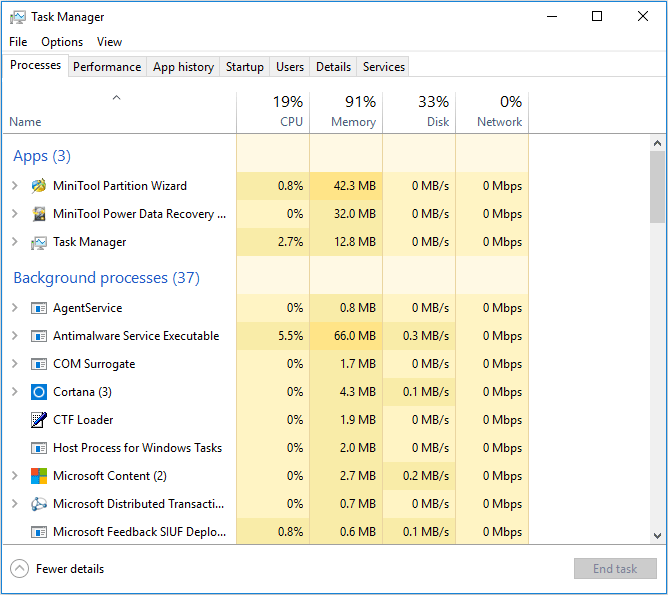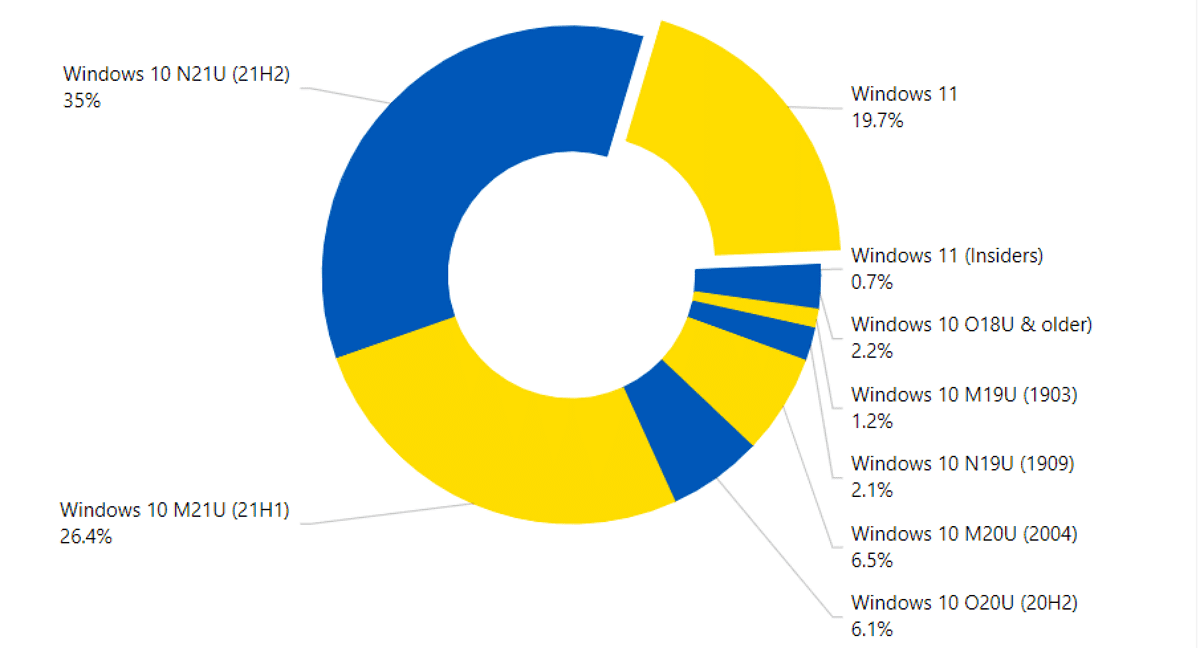Average Memory Usage For Windows 11 In 2025: A Comprehensive Guide
Average Memory Usage for Windows 11 in 2025: A Comprehensive Guide
Related Articles: Average Memory Usage for Windows 11 in 2025: A Comprehensive Guide
Introduction
With great pleasure, we will explore the intriguing topic related to Average Memory Usage for Windows 11 in 2025: A Comprehensive Guide. Let’s weave interesting information and offer fresh perspectives to the readers.
Table of Content
- 1 Related Articles: Average Memory Usage for Windows 11 in 2025: A Comprehensive Guide
- 2 Introduction
- 3 Average Memory Usage for Windows 11 in 2025: A Comprehensive Guide
- 3.1 Understanding Memory Usage in Windows 11
- 3.2 Projected Average Memory Usage in 2025
- 3.3 Implications of Increased Memory Usage
- 3.4 FAQs about Average Memory Usage in Windows 11 2025
- 3.5 Tips for Managing Memory Usage in Windows 11 2025
- 3.6 Conclusion
- 4 Closure
Average Memory Usage for Windows 11 in 2025: A Comprehensive Guide

As technology advances at an unprecedented pace, operating systems become increasingly demanding in terms of system resources. Memory, a crucial component for seamless computing, plays a vital role in determining the overall performance of a computer. In this article, we will delve into the average memory usage of Windows 11 in 2025, exploring its implications and providing valuable insights for users.
Understanding Memory Usage in Windows 11
Memory, also known as RAM (Random Access Memory), serves as a temporary storage space for the operating system, applications, and data currently being processed by the computer. Windows 11, like its predecessors, utilizes memory to store instructions, program code, and temporary data to ensure smooth and efficient operation.
The amount of memory required by Windows 11 varies depending on several factors, including the version of the operating system, the number of applications running, and the specific tasks being performed. Typically, Windows 11 requires a minimum of 4GB of RAM for basic operations, while 8GB or more is recommended for optimal performance, especially when running memory-intensive applications.
Projected Average Memory Usage in 2025
Predicting the average memory usage of Windows 11 in 2025 is a complex task, as it depends on various factors that are subject to change. However, based on historical trends and the increasing demands of software applications, it is reasonable to expect that the average memory usage will continue to grow in the coming years.
Industry experts anticipate that the average memory usage for Windows 11 in 2025 will likely be around 8-12GB. This projection is driven by the increasing adoption of memory-intensive applications, such as video editing software, high-resolution gaming, and virtual reality experiences. Additionally, the growing prevalence of multitasking and the use of multiple virtual desktops contribute to the increased memory consumption.
Implications of Increased Memory Usage
The increasing average memory usage of Windows 11 in 2025 has several implications for users:
- Hardware Requirements: Users may need to upgrade their computers with more RAM to meet the growing memory demands of Windows 11 and its applications.
- Performance Optimization: Proper memory management techniques become crucial to ensure optimal performance and avoid system slowdowns.
- Application Compatibility: Software developers may need to optimize their applications for systems with higher memory usage to ensure compatibility and stability.
FAQs about Average Memory Usage in Windows 11 2025
Q: How can I check the memory usage on my Windows 11 computer?
A: You can check the memory usage in Task Manager. Press Ctrl + Shift + Esc to open Task Manager and navigate to the "Performance" tab. The "Memory" section displays the current memory usage and other relevant information.
Q: What are some tips for optimizing memory usage on Windows 11?
A: Regularly closing unused applications, disabling unnecessary startup programs, and using a memory cleaner utility can help optimize memory usage and improve system performance.
Q: Is it necessary to have more than the recommended amount of RAM?
A: While the recommended amount of RAM is sufficient for most users, having more RAM can provide additional headroom for multitasking and running memory-intensive applications without experiencing performance issues.
Tips for Managing Memory Usage in Windows 11 2025
To ensure optimal performance and minimize memory-related issues in Windows 11 2025, consider the following tips:
- Upgrade to sufficient RAM: Ensure your computer has enough RAM to meet the demands of Windows 11 and your applications.
- Monitor memory usage: Regularly check the memory usage using Task Manager to identify any potential issues or memory leaks.
- Close unused applications: Close applications that are not actively being used to free up memory.
- Disable unnecessary startup programs: Prevent unnecessary programs from running at startup to reduce memory consumption.
- Use a memory cleaner utility: Utilize a reputable memory cleaner utility to identify and remove unused or orphaned memory blocks.
Conclusion
As Windows 11 continues to evolve, the average memory usage is expected to increase in the coming years. Understanding the implications of this trend and implementing effective memory management practices will be crucial for users to maintain optimal system performance and ensure a seamless computing experience. By following the tips and recommendations outlined in this article, users can proactively manage memory usage and mitigate any potential performance issues in Windows 11 2025 and beyond.








Closure
Thus, we hope this article has provided valuable insights into Average Memory Usage for Windows 11 in 2025: A Comprehensive Guide. We thank you for taking the time to read this article. See you in our next article!